Discover the Best Non Toxic Dinnerware Brands for Safe Dining
Did you know your lovely dinnerware can be silently making your family sick? Navigating the maze that is non-toxic dinnerware brands is my mission today. Like you, I was once horrified to discover traditional dinnerware can contain harmful chemicals like lead, cadmium, and BPA.
In this guide, I’ll spotlight the best non-toxic dinnerware brands I trust. They craft their pieces with eco-friendly materials like pure ceramics, glass, and stainless steel that balance health and style, making every meal safer for you and gentler on our planet.
Through our exploration, your days of worry will be replaced with confidence in every bite. So, let’s dive in and unwrap the gift of peace with every meal.
Introduction to Non-Toxic Dinnerware
Choosing the right dinnerware for our homes is about more than just aesthetics; it’s a commitment to health and well-being. Non-toxic dinnerware encompasses dishes and utensils that are devoid of harmful chemicals such as lead, cadmium, BPA, and melamine. These toxins can seep into our food, especially when exposed to heat, posing severe health risks over time.
Importance
Ensuring that our dinnerware is non-toxic is an investment in our family’s safety. Products free from harmful chemicals drastically reduce the risk of chemical exposure, which can lead to a host of health problems, from neurological issues to hormone disruption. Non-toxic dinnerware also aligns with environmentally friendly practices, often made from sustainable materials that minimize our ecological footprint.
Materials
Non-toxic dinnerware is crafted from a range of pure and safe materials. Here are some popular choices:
- Pure Ceramics: Known for their durability, ceramics are often lead-free, making them a go-to for safe dinnerware.
- Natural Wood: Without synthetic additives, natural wood options are both eco-friendly and pleasing to the eye.
- Stoneware: This type of ceramic is heat-resistant and robust, typically made without harmful additives.
- Glass: Completely free from contaminants and fully recyclable. Clear glass like Pyrex, made from inert materials, is a safe bet.
- Stainless Steel: Renowned for its durability and non-reactivity. However, be mindful of potential nickel allergies.
- Eco-Friendly Options: Materials like bamboo are sustainable and significantly reduce environmental impact.
Exploring these materials helps in navigating the diverse range of non-toxic dinnerware brands available today. This ensures you can enjoy both safety and style at your dining table.
What Makes Dinnerware Non-Toxic?
Choosing non-toxic dinnerware brands is essential for safe and healthy eating. The absence of harmful chemicals like lead, cadmium, BPA, and melamine is a critical factor. These toxic substances can leach into food, posing health risks. Therefore, by opting for dinnerware free from these chemicals, you ensure a safer dining experience for you and your loved ones.
The use of safe, certified materials is another crucial aspect when considering non-toxic dinnerware brands. Materials such as ceramics, glass, stainless steel, and bamboo are often highlighted among the best options. These materials are naturally free from harmful chemicals and do not react with food, ensuring the integrity of your meals.
For instance, ceramics and glass are prized for their durability and their ability to withstand heat without releasing toxins. Stainless steel is both non-reactive and heat-tolerant, making it a reliable choice for both cooking and serving.
Verification through lab tests and certifications is imperative for ensuring compliance with safety standards. When choosing from non-toxic dinnerware brands, look for products that have undergone rigorous testing and have received certifications from recognized bodies. These certifications might include FDA approval, Prop 65 compliance in California, or adherence to EU safety standards. These certifications provide consumer confidence, as they signify the product has met stringent safety criteria.
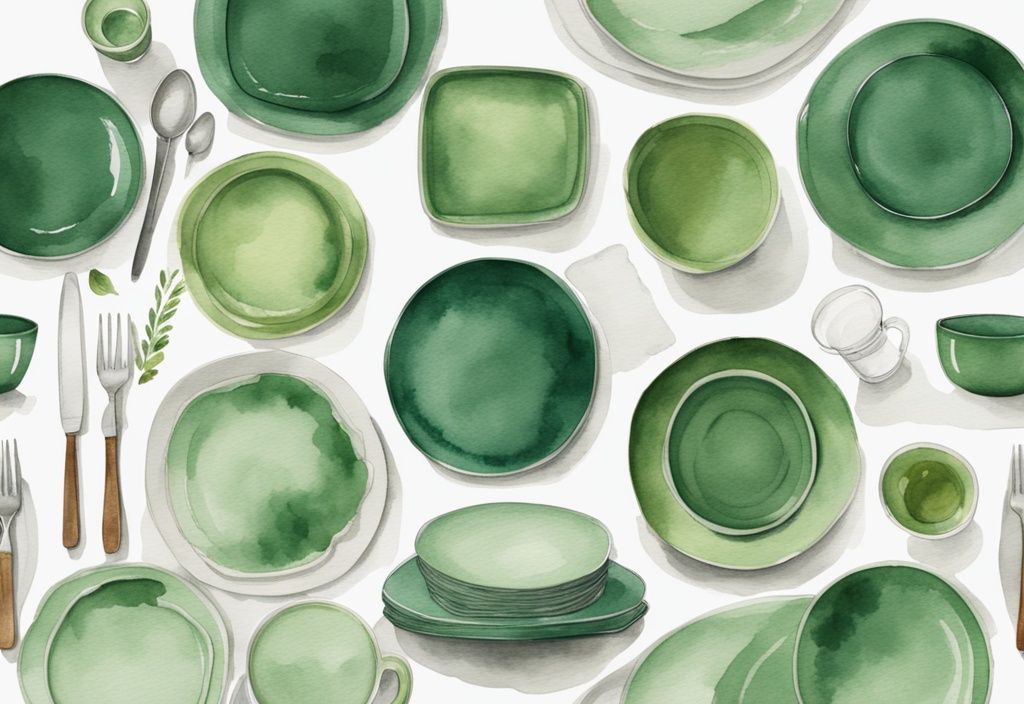
Why Choose Non-Toxic Dinnerware?
Opting for non-toxic dinnerware brands brings a multitude of benefits that extend beyond mere dietary practices. Choosing the right dinnerware significantly contributes to both personal health and environmental wellbeing. Here’s why investing in non-toxic dinnerware is a smart move:
Health Benefits
The foremost advantage of using non-toxic dinnerware is the reduced risk of exposure to harmful substances like lead, cadmium, BPA, and melamine. These chemicals are commonly associated with various health issues such as developmental problems, hormonal disruptions, and even certain types of cancer, which is why understanding the sources and exposure routes of lead and cadmium is crucial for your family’s safety; you can learn more about this on the [As You Sow website](https://www.asyousow.org/our-work/environmental-health/toxic-enforcement/lead-and-cadmium-in-food/lead-and-cadmium-in-food-faqs).
By choosing dinnerware from reputable non-toxic dinnerware brands, you mitigate these risks, ensuring that your food remains uncontaminated and safe for consumption. This is particularly crucial for families with children, where health and safety take precedence.
Environmental Impact
Non-toxic dinnerware brands often incorporate eco-friendly materials like ceramics, glass, and bamboo in their products. These materials not only offer a safe option for daily use but also contribute to sustainability.
Eco-friendly dinnerware reduces the ecological footprint, as these materials are either biodegradable or recyclable. Unlike plastic and melamine, which linger in landfills for centuries, products from non-toxic dinnerware brands promote a more sustainable lifestyle.
Safety
The safety of non-toxic dinnerware is underscored by positions from reputable organizations like the World Health Organization (WHO) and the Food and Drug Administration (FDA). Both agencies emphasize that there is no safe level of lead exposure, reinforcing the importance of avoiding dinnerware that might leach harmful chemicals.
Choosing products from non-toxic dinnerware brands ensures compliance with rigorous safety standards, providing peace of mind that your dinnerware is not inadvertently harming your family.
Choosing the Right Materials for Non-Toxic Dinnerware
When it comes to non-toxic dinnerware brands, choosing the right materials is key to ensuring both safety and practicality. By selecting from specific materials known for their absence of harmful chemicals, you can enjoy dinnerware that is durable and visually appealing while prioritizing health and environmental impact.
Safe Material Options
Opting for non-toxic materials guarantees that your dinnerware does not compromise on safety. Here are some tried-and-true options:
Ceramic/Stoneware
Ceramic and stoneware are robust, non-toxic choices that many families love due to their heat resistance and durability. They undergo high-temperature firing, resulting in solid, glazed surfaces that are generally safe for food contact. For extra peace of mind, always look for products that are certified lead and cadmium-free.
Glass
Glass, particularly clear options like Pyrex, is often chosen for its purity and recyclability. This material is made from inert ingredients, minimizing the risk of chemical leaching. While glass can break more easily than other materials, its transparency and non-toxic nature make it a stellar option for non-toxic living.
Stainless Steel
Stainless steel dinnerware is hard to beat in terms of durability and resistance to both heat and rust. Its non-reactive nature means it doesn’t leach harmful chemicals into your food. However, if you have a nickel allergy, it’s worth checking if the stainless steel contains nickel before making a purchase.
Bamboo
Bamboo dinnerware is a fantastic option for those leaning towards sustainable living. Lightweight and naturally antimicrobial, bamboo also scores high on the non-toxic scale. Just make sure to pick bamboo products free from synthetic additives like melamine, which can nullify their safety benefits.
Materials to Avoid
While it’s tempting to opt for the most convenient or affordable options, some materials pose significant health risks. Here are a few to steer clear of for a safer dining experience:
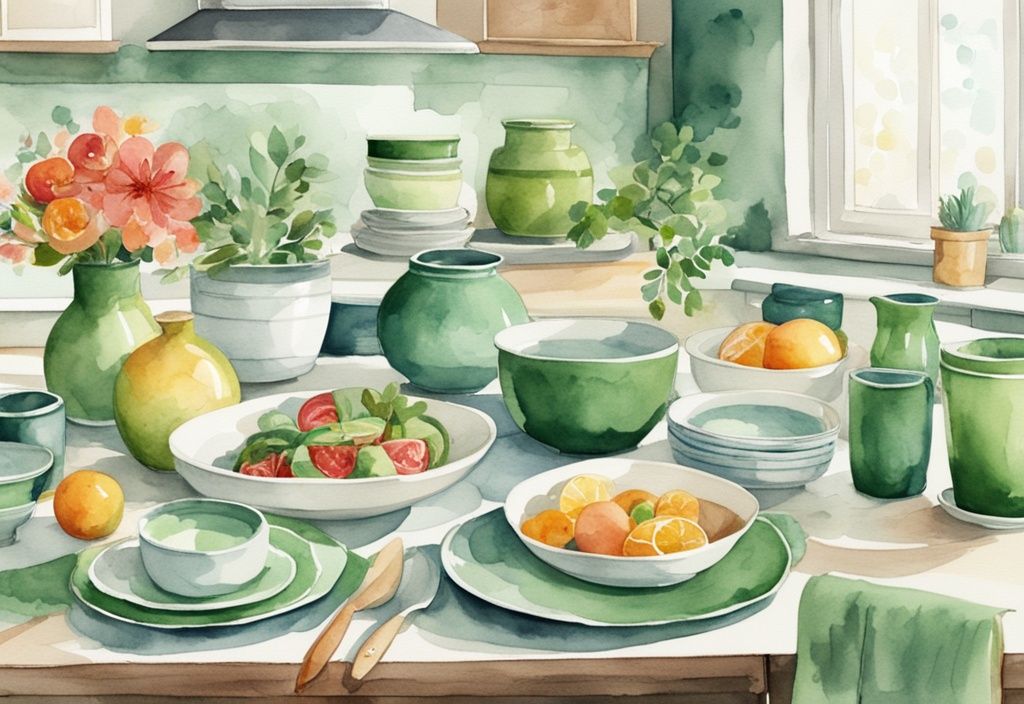
Plastics (BPA and Phthalates)
Plastic dinnerware, particularly those containing BPA and phthalates, is notorious for its health risks, including hormonal imbalances and behavioral issues. These chemicals are prone to leaching into food and beverages, especially when heated, making plastic a hazardous choice for regular use.
Certain Glazed Ceramics
Not all ceramics are created equal. Some glazed ceramics might contain lead and cadmium, which can leach into your food over time. To minimize risks, always opt for ceramics explicitly labeled as lead and cadmium-free, ideally with in-depth certification to back up these claims.
Melamine
Melamine dinnerware is often selected for its durability and lightweight nature, but it comes with a significant caveat. When exposed to hot food, melamine can release harmful substances. For this reason, it’s best to avoid melamine altogether and choose safer alternatives.
Featured Top Non-Toxic Dinnerware Brands
Corelle
Corelle is a standout among non-toxic dinnerware brands because of its chip-resistant glass composition. This brand is celebrated for being free from harmful substances such as lead, cadmium, and BPA. You’ll find both durability and style in Corelle’s offerings, making it a trusted choice for households seeking safe and elegant dinnerware solutions.
Fable
Fable crafts its porcelain dinnerware in Portugal, ensuring each piece is lead and cadmium-free. This brand impresses not only with its commitment to safety but also with its environmentally friendly production methods. When you set your table with Fable dinnerware, you’re choosing elegance and a touch of sophistication for your dining experience.
Fiesta
Fiesta brings vibrancy to your table with its vitrified ceramic dinnerware, all of which are lead and cadmium-free. Known for its wide array of colors and high durability, Fiesta is an excellent practical choice for everyday use. It beautifully combines visual appeal with the crucial elements of functionality and safety.
GreenLife
GreenLife excels in offering ceramic non-stick cookware and dinnerware free from PFAS, PFOA, lead, and cadmium. By focusing on safety from cooking to serving, GreenLife sets itself apart in the non-toxic dinnerware market. Plus, their eco-friendly practices mean you’re making a conscientious choice for the planet.
Gibson
Gibson delivers a variety of ceramic dinnerware designs, each guaranteed to be lead and cadmium-free. As one of the top non-toxic dinnerware brands, Gibson has earned a reputation for creating stylish and safe dining options. This brand’s consistent focus on quality and safety makes it appealing to discerning consumers.
Bobo&Boo
Bobo&Boo specializes in sustainable, biodegradable bamboo dinnerware that is non-toxic and BPA-free. Designed especially with children in mind, this brand ensures durability and eco-friendliness. For families eager to find safe and sustainable options, Bobo&Boo is an exemplary choice.
Zungleboo®
Zungleboo® prioritizes durable and non-toxic dinnerware materials, stressing sustainability. Perfect for families, these products promise longevity and eco-consciousness. Zungleboo® effectively combines enduring quality with an environmentally responsible footprint.
Buying Guide: Finding High-Quality Non-Toxic Dinnerware
Choosing non-toxic dinnerware brands involves careful consideration of certifications, safety labels, and reputable manufacturers. Let’s delve into each of these aspects to ensure your selections are both safe and sustainable.
Understanding Certifications and Safety Labels
When I first embarked on my journey to find non-toxic dinnerware brands, I quickly learned that certifications are critical. Prioritizing items with trusted certifications ensures that they are free from harmful chemicals. These certifications serve as a reliable guarantee that products meet stringent safety standards, minimizing your exposure to toxins like lead, cadmium, and BPA.
One of the key certifications to look for is FDA approval, confirming the product’s compliance with food safety regulations. Additionally, California’s Prop 65 standards assure you that the items do not contain chemicals known to cause cancer or reproductive harm. European Union (EU) standards also play an essential role in ensuring safety and environmental compliance. I can’t stress enough the importance of seeking products that have undergone third-party safety tests for added peace of mind.
Criteria for Selecting Reputable Manufacturers
Selecting reputable non-toxic dinnerware begins with researching brands committed to safety. Start by looking into the manufacturer’s safety practices and production processes. Reputable brands often provide detailed information on the materials they use and their sourcing strategies, ensuring transparency.
What stood out to me during my research was the importance of non-toxic glazes and finishes. Brands that openly share their testing procedures and results—especially those ensuring their products are lead and cadmium-free—signify reliability. A history of compliance with safety standards is another crucial factor. Opt for manufacturers with a consistent track record of adhering to regulations and delivering high-quality, safe products.
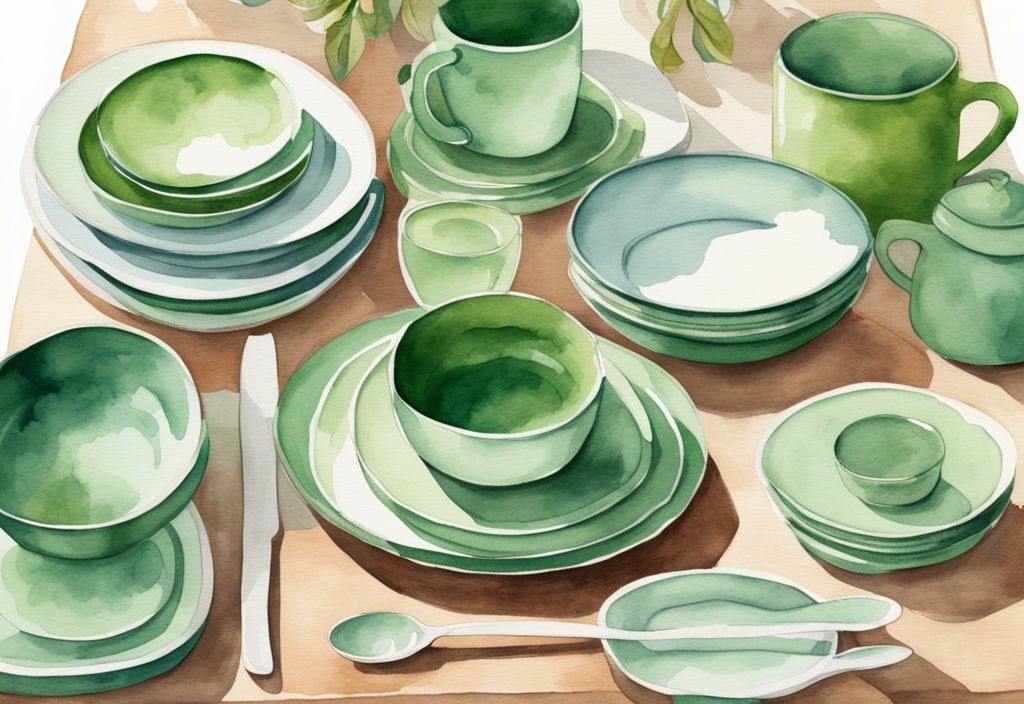
Following these guidelines, you can confidently choose non-toxic dinnerware brands that not only enhance your dining experience but also contribute to a healthier lifestyle and a more sustainable environment.
Taking Care of Your Non-Toxic Dinnerware
Maintaining your non-toxic dinnerware involves thoughtful practices that not only enhance its longevity but also ensure your family’s well-being. From cleaning to storage, embracing these methods will help you get the best from your cherished pieces.
Effective Cleaning Methods
Using non-toxic cleaning products is crucial for preserving the integrity of your dinnerware and safeguarding your health. Opt for natural or eco-friendly detergents free from harsh chemicals. Hand washing your non-toxic dinnerware is recommended, especially for delicate materials like bamboo and ceramics. This method not only maintains the aesthetic appeal of your dinnerware but also prolongs its lifespan, ensuring maximum value from your non-toxic dinnerware brands.
Additionally, consider the cleaning tools you use. Soft sponges are gentle on surfaces, preventing scrapes and maintaining the finish. Allow your dinnerware to air-dry, or gently pat it with a soft towel to avoid moisture spots and potential damage.
Tips to Avoid Damage
To keep your non-toxic dinnerware in optimal condition, avoid exposing it to sudden temperature changes. For instance, moving your dishes directly from a hot oven to a cold surface may cause cracking or warping. Instead, allow the dinnerware to cool gradually.
Furthermore, using gentle cleaners and soft sponges will help keep surfaces pristine. Abrasive scrubbing pads can scratch and damage the finish, affecting both the appearance and the safety of your dinnerware. Embrace a gentle approach to ensure your pieces remain beautiful and safe for everyday use. If you’re also looking for creative ways to decorate your dinnerware, consider using the best non toxic acrylic paint for a safe and vibrant touch.
Smart Storage Recommendations
Proper storage of your non-toxic dinnerware is essential to prevent scratches, chips, and other forms of damage. When stacking, place a soft cloth or paper towel between items to cushion them. This extra layer of protection helps avoid direct contact, reducing the risk of scratches and breaks.
Additionally, store your dinnerware in a dry, cool place to preserve its quality and longevity. Moisture or extreme temperatures can negatively impact certain materials, compromising the durability of even the best non-toxic dinnerware brands. Embracing mindful storage practices will ensure your dinnerware remains a treasured part of your home for years to come.
FAQs: Your Questions About Non-Toxic Dinnerware Answered
What materials are best for non-toxic dinnerware?
Non-toxic dinnerware shines when it’s crafted from materials like ceramic, stoneware, glass, stainless steel, and high-quality bamboo. These options stand tall in safety and durability, free from harmful chemicals that could leach into your food. Personally, I’ve made the switch to ceramic and glass; not only do they offer peace of mind, but their timeless elegance enhances my dining experience.
How can I ensure my dinnerware is genuinely non-toxic?
Ensuring your dinnerware’s safety requires a bit of due diligence. Look for certifications and safety labels that verify the manufacturer’s claims. Checking reputable sources to confirm the dinnerware is lead and cadmium-free is essential. When I first embarked on this journey, I was meticulous about these certifications, and it paid off with the assurance of safety for my family.
What certifications should I check for when buying non-toxic dinnerware?
Certifications serve as a trusted seal of approval. Key ones to look for include FDA approval, Prop 65 compliance, EU safety standards, and third-party safety tests. These markers help ensure your dinnerware doesn’t contain harmful chemicals. During my research, finding these certifications felt like uncovering little gems of reassurance.
Why shouldn’t I use plastic or melamine dinnerware?
Plastic and melamine dinnerware might seem convenient, but they come with hidden dangers. These materials can leach harmful chemicals such as BPA and formaldehyde, particularly when exposed to heat. These substances pose significant health risks, affecting everything from brain function to endocrine health. I clearly remember the day I decided to toss out all our plastic dinnerware—it felt like a protective measure for my family’s wellbeing.
Which non-toxic dinnerware brands are suitable for children?
When considering non-toxic dinnerware for children, brands like Bobo&Boo and Zungleboo® have become favorites in my household. Bobo&Boo offers sustainable, biodegradable, and BPA-free bamboo options. On the other hand, Zungleboo® focuses on durable and non-toxic materials, designed for rigorous family use. Finding these brands was a game-changer, making me feel confident that mealtime is both safe and enjoyable for my little ones.
Conclusion
Choosing dinnerware isn’t just about aesthetics or functionality—it’s about safeguarding your family’s health and the environment. Non-toxic dinnerware brands offer an essential layer of protection against harmful chemicals like lead, cadmium, BPA, and melamine, commonly found in conventional dishes. By embracing these safer options, we reduce our exposure to toxic substances, promoting better health and overall well-being.
These brands often prioritize eco-friendly materials such as pure ceramics, glass, stainless steel, and bamboo—materials that are not only safe for everyday use but also sustainable. Opting for non-toxic dinnerware helps minimize waste and encourages the use of renewable resources, making a positive impact on our ecological footprint.
Making informed choices for our households is crucial. Look for dinnerware that is certified free from toxic substances and produced by reputable brands with transparent safety practices. Non-toxic dinnerware isn’t just practical and safe; it’s also versatile and beautiful. Brands like Corelle, Fable, Fiesta, GreenLife, Gibson, Bobo&Boo, and Zungleboo® offer stylish, durable options that can elevate your dining experience while ensuring the safety of your loved ones.
By integrating non-toxic dinnerware into your home, you contribute to a healthier lifestyle and a more sustainable planet. The design and durability of these products mean you don’t have to sacrifice style for safety. Choose wisely, and enjoy the peace of mind that comes with using dinnerware that supports your health and well-being.
Hi, I’m Olivia Green, the voice behind nontoxicways.com. I’m passionate about helping you make the shift to a healthier, non-toxic lifestyle without feeling overwhelmed. I love sharing my personal journey, from small changes to big transformations, along with practical tips that make it all feel doable. My goal is to inspire and guide you toward a lifestyle that benefits both your well-being and the planet. Let’s take this journey together, one simple step at a time!
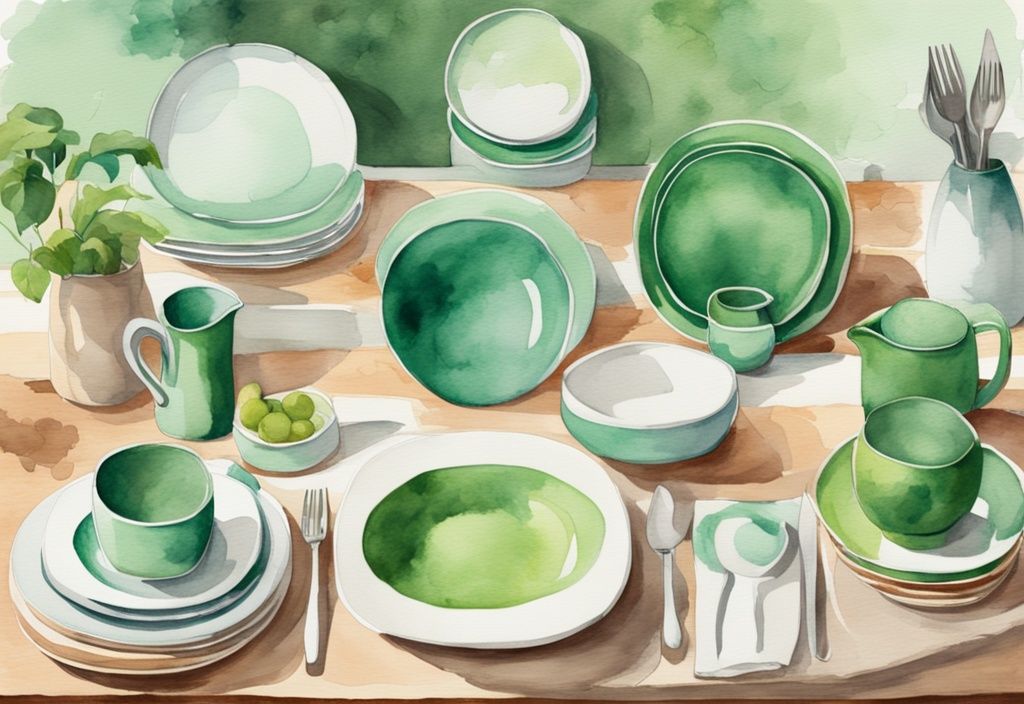
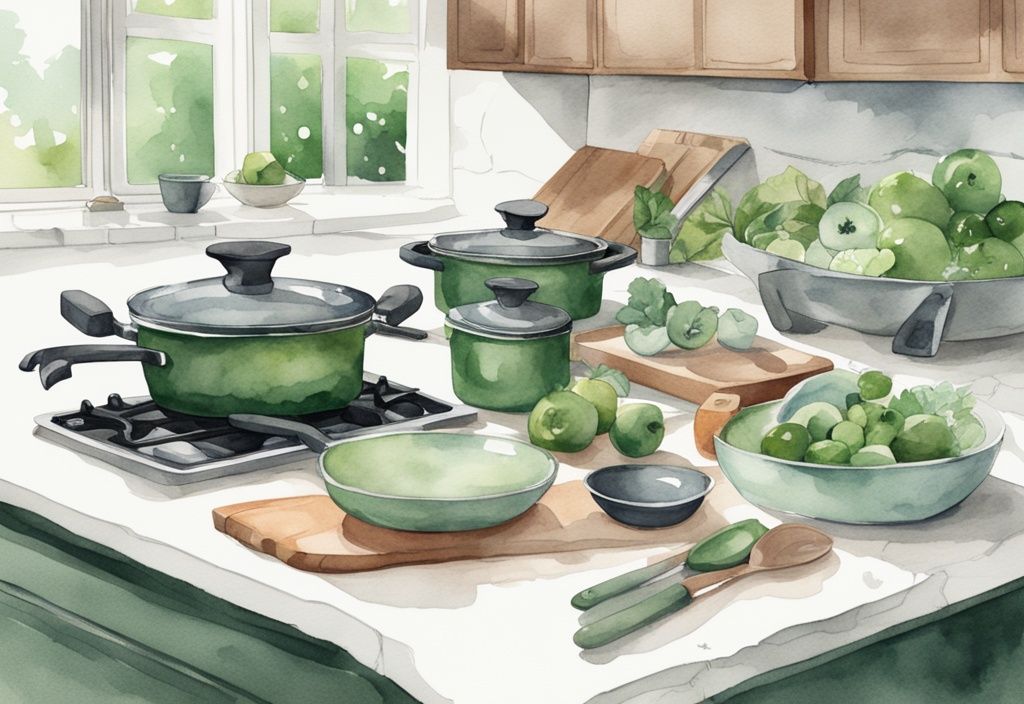
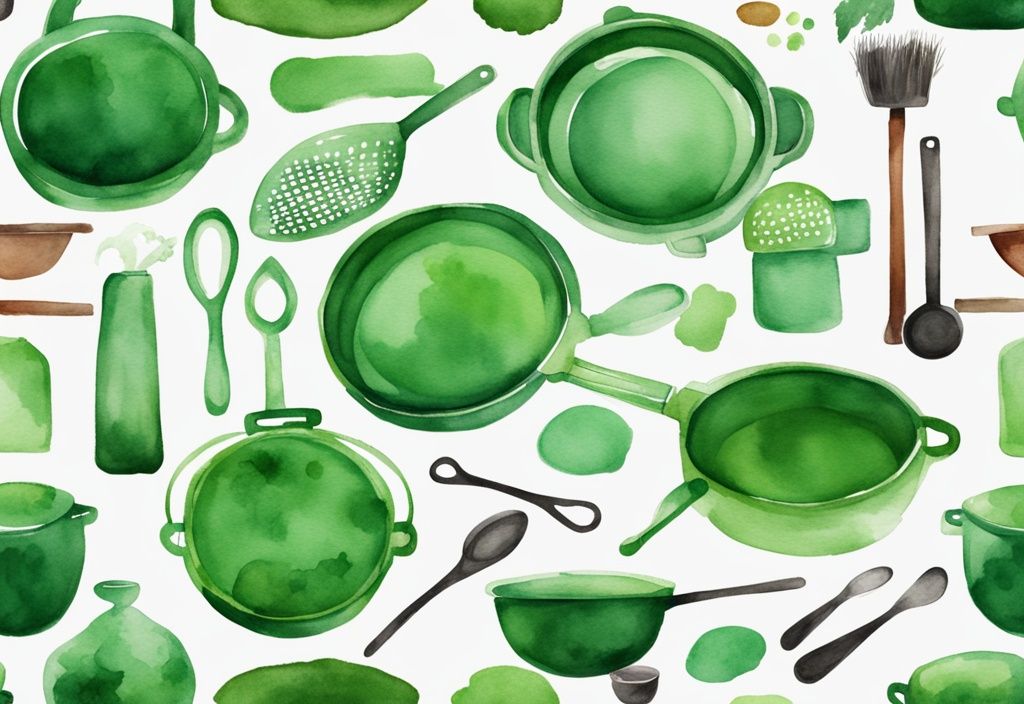
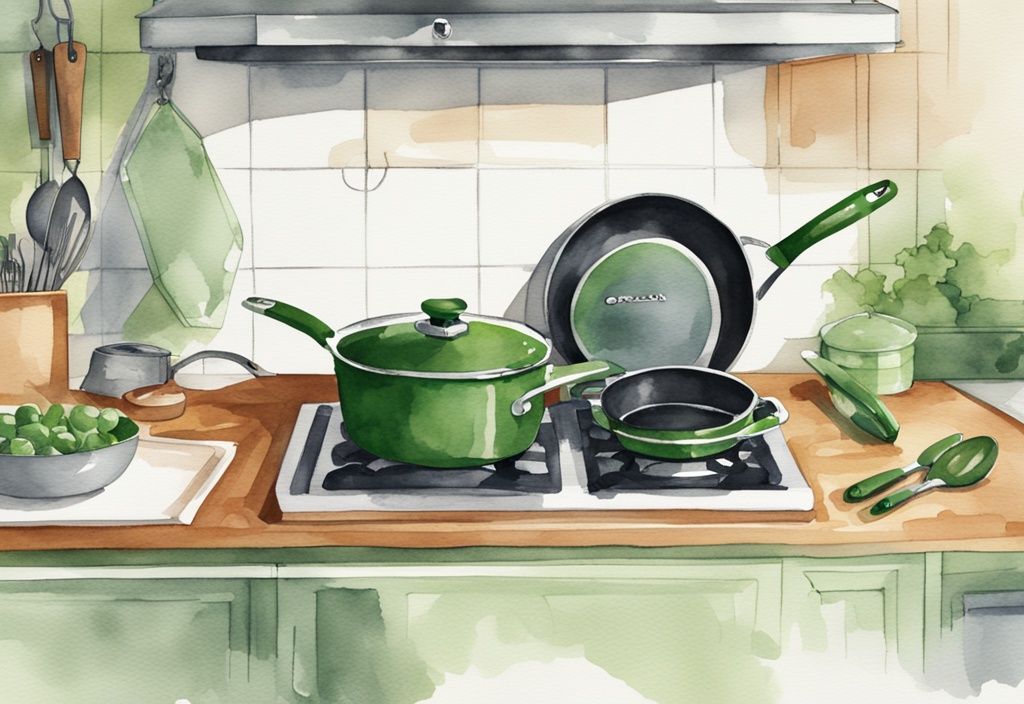
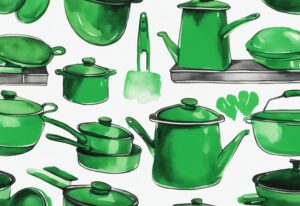
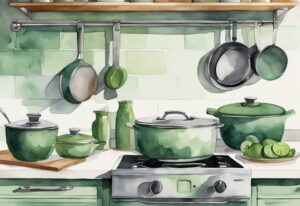

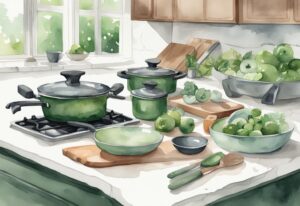
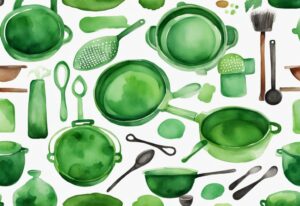
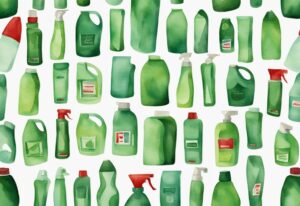


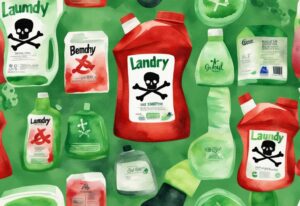
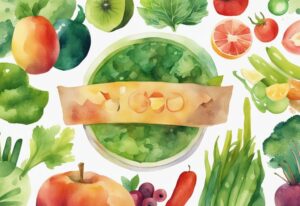
Post Comment